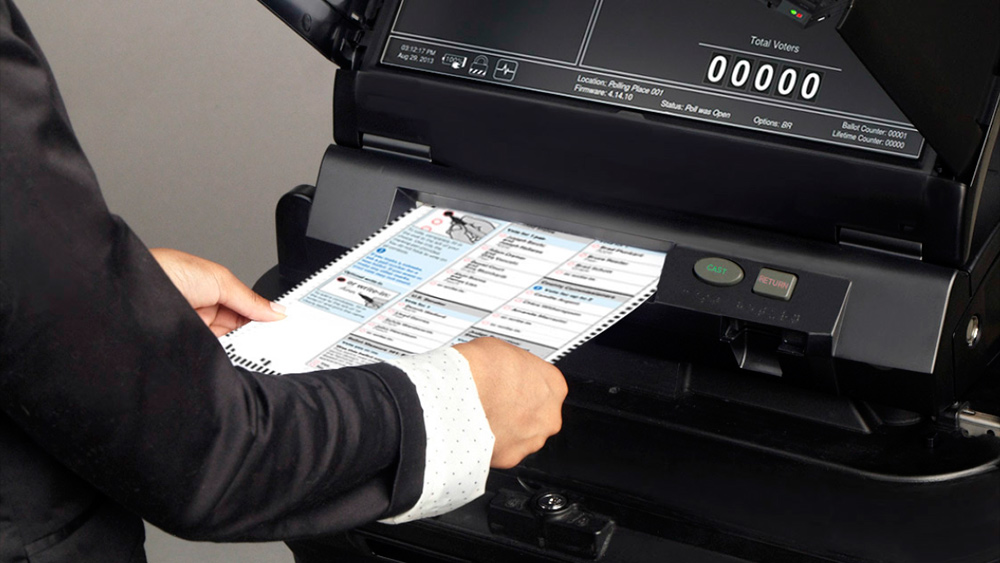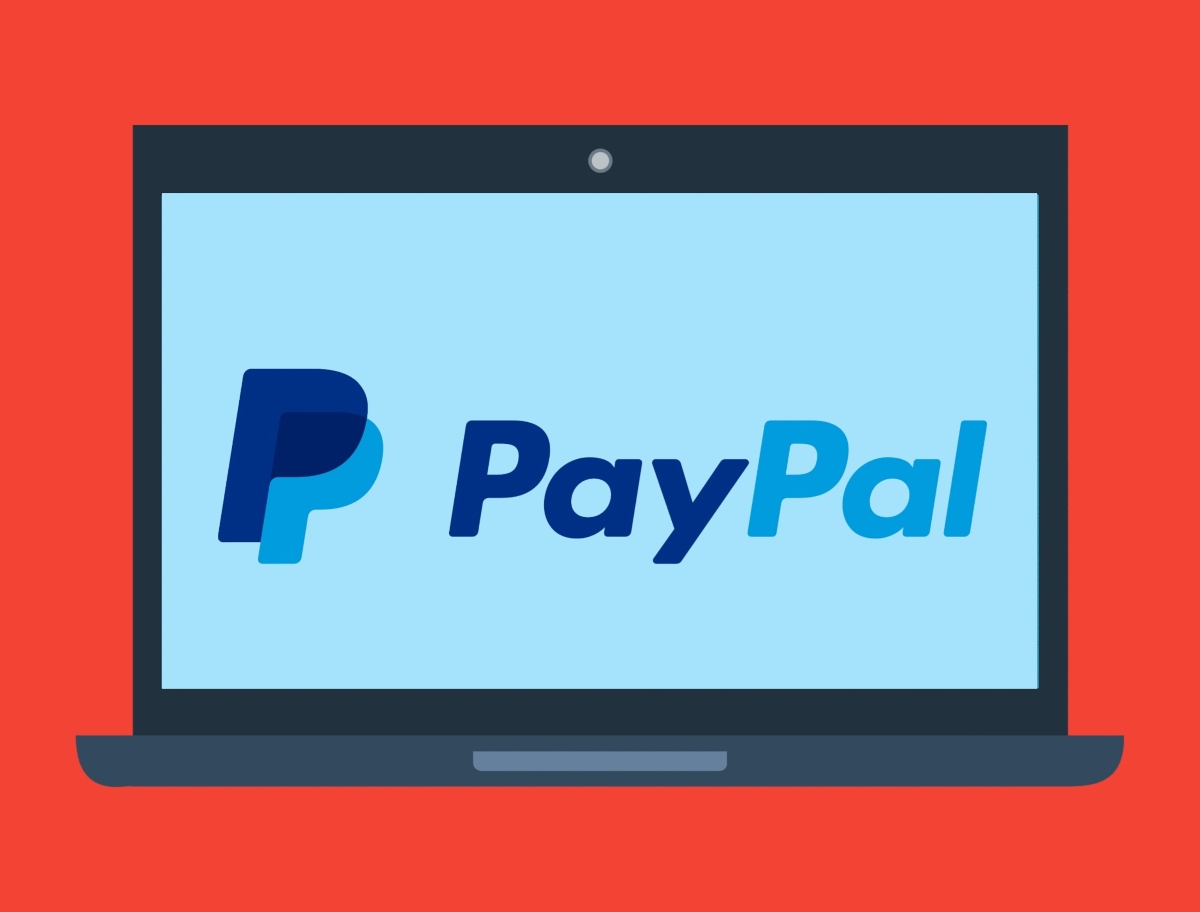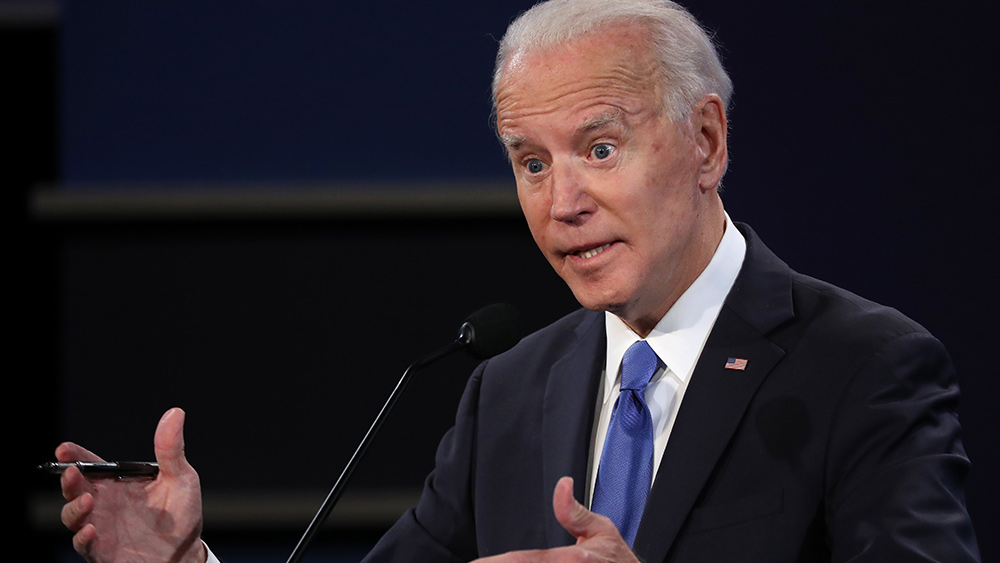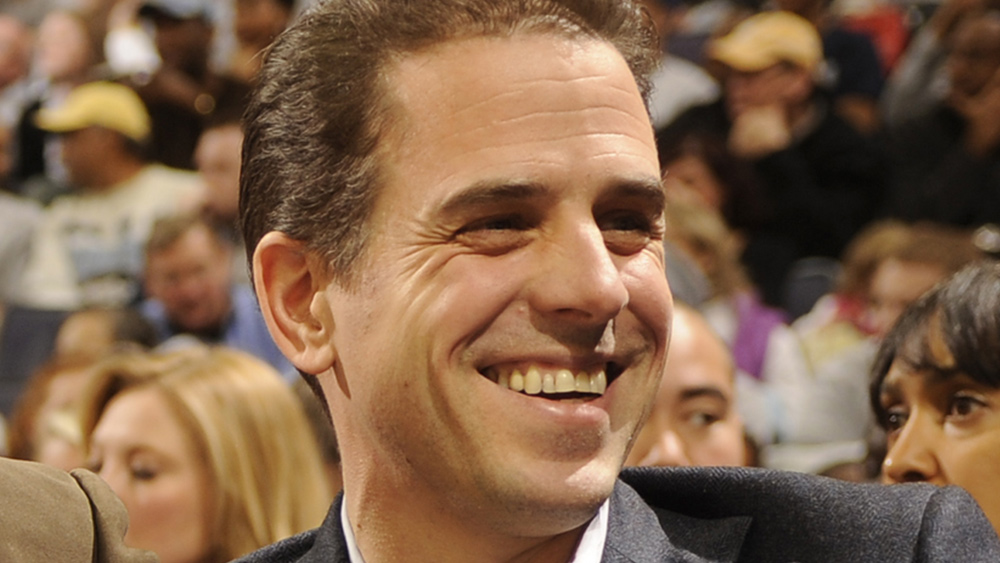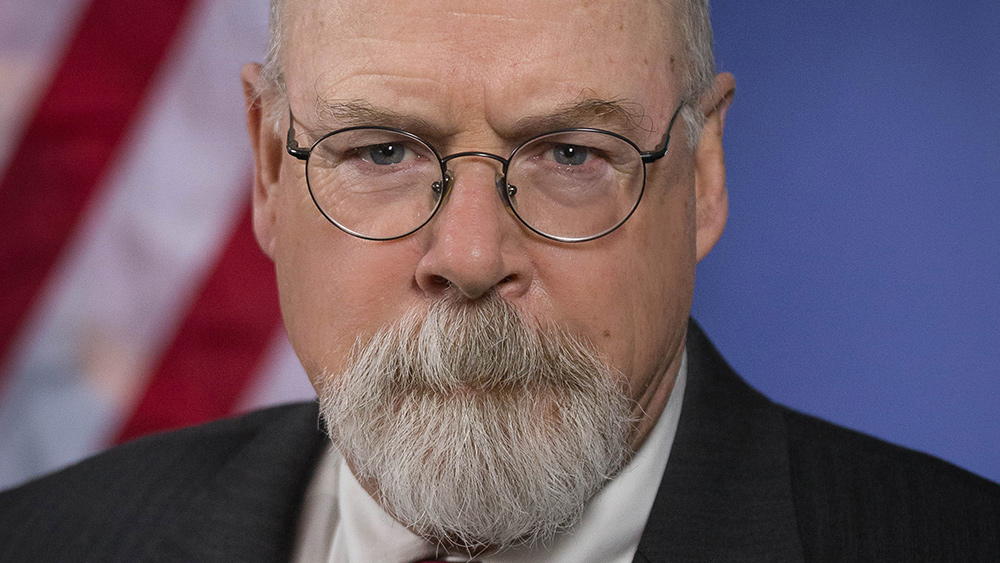Will California Create a Banking System for Marijuana?
08/11/2017 / By Thomas Dishaw

(MATT REYNOLDS, COURTHOUSE NEWS) When California voted to legalize recreational marijuana, the state immediately faced a conundrum: how to provide banking services to marijuana businesses when federal law places the drug in the same category as heroin and cocaine.
Californians approved Proposition 64 In the November 2016 general election, voting to legalize commercial sale of cannabis for adult recreational use. But like other states, California is struggling to solve the pressing issue of how a burgeoning marijuana industry can thrive if banks and financial institutions refuse to open their doors to them.
Cannabis businesses typically cannot open bank accounts because under the Controlled Substances Act the use, possession and sale of marijuana is a federal crime. As a result, 70 percent of businesses in the marijuana industry run on cash, according to a Marijuana Daily Survey published in December 2015.
California’s 17-member Cannabis Banking Working Group convened for its sixth meeting Thursday at the Sheraton Gateway Hotel, for a panel discussion about a possible solution: creating a government-run public bank to give marijuana companies access to the banking system.
California’s legal cannabis industry will be open for business on Jan. 1, 2018. If run on cash, the state says, the anticipated multibillion-dollar industry could become a magnet for violent crime. Cash-only operations also could make it difficult to collect taxes from an industry that is estimated to generate nearly $7 billion by 2020. Accurately taxing marijuana sales could bring in $1 billion in new tax revenue that could fund myriad social programs.
Colorado legalized recreational marijuana in 2012 and Massachusetts followed in 2016, though Massachusetts is still working out kinks in its system.
On Thursday, two members of the banking industry offered sobering testimony about the prospects for a California-run public bank.
David Cotney, a former commissioner of the Massachusetts Division of Banks, told the panel that the state decided against establishing a bank because of the financial risk.
He was co-chair of a commission that looked at operating a bank in the mold of The Bank of North Dakota, the only publicly owned bank in the nation. Though founded in 1919, the panel heard, it was decades before the bank was profitable.
Cotney said his state concluded that it would take $3.6 billion in start-up capitalization to create a public bank with the “equivalent size and lending power” of North Dakota’s. That’s about 21 percent of the state’s outstanding debt, Cotney said.
“In short, the commission ultimately recommended against establishing a state-owned bank in Massachusetts,” he said.
Don Childears, chief executive officer of the Colorado Bankers Association, said he concluded that the only viable solution is to persuade lawmakers in Washington to create a federal exemption for legal marijuana businesses.
“We are anxious to resolve the state and federal tug-of-war that has us in this predicament,” he said. “Only an act of Congress can resolve this issue.”
Childears advised the panel to commission a third-party study on public banks to seek legal opinions from experts.
Matt Stannard of the economic justice group Commonomics USA suggested the state give a government-owned bank a try, despite the risks. He said there is a “strong moral case” to be made, pointing to the financial insecurity in the marijuana industry and among the public.
“Some critics of public banking from the financial sector have a phrase they like to use, when they say, ‘Well, public banking seems like a solution in search of a problem,’” Stannard said. “I would say ordinary people don’t see it that way.
“Defectors from the banking sector, who once they no longer work for a big bank and start advocating public banking, they don’t see it that way.”
California Treasurer John Chiang led the meeting. He has voiced concern that the state will not be able to deliver on the wishes of voters, due to the hurdles presented by the Trump administration, which is hostile to marijuana.
In a letter to then-president-elect Trump in December, Chiang addressed the state-federal conflict.
“Of primary concern to my office are the limits federal rules place on the cannabis industry’s ability to effectively participate in the state and nation’s banking system,” Chiang wrote. “This conflict between federal and state rules creates a number of difficulties for states that have legalized cannabis use, including collecting taxes, increased risk of serious crime and the inability of a legal industry under state law to engage in banking and commerce.”
Submit a correction >>
Tagged Under:
California Marijuana banking, marijuana, Marijuana banking
This article may contain statements that reflect the opinion of the author
RECENT NEWS & ARTICLES
COPYRIGHT © 2017 GOVTSLAVES.COM
All content posted on this site is protected under Free Speech. GovtSlaves.com is not responsible for content written by contributing authors. The information on this site is provided for educational and entertainment purposes only. It is not intended as a substitute for professional advice of any kind. GovtSlaves.com assumes no responsibility for the use or misuse of this material. All trademarks, registered trademarks and service marks mentioned on this site are the property of their respective owners.



